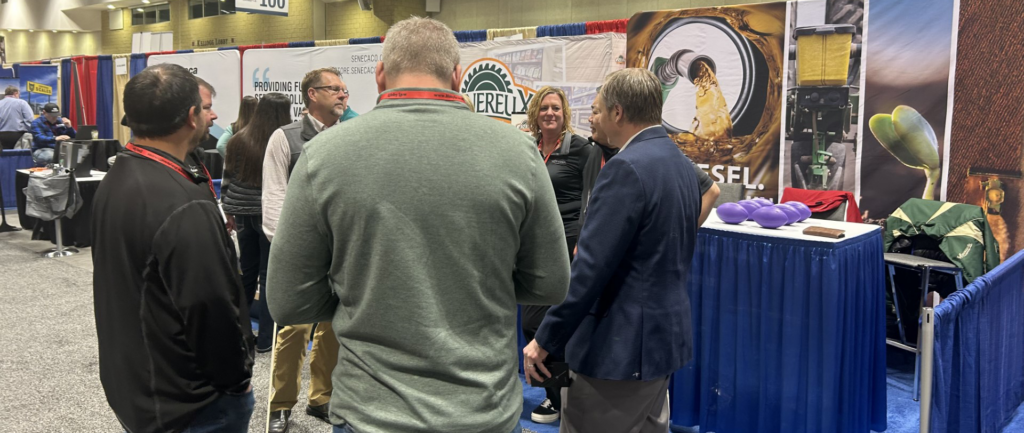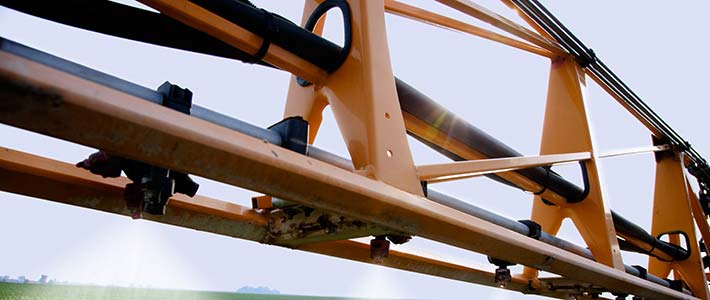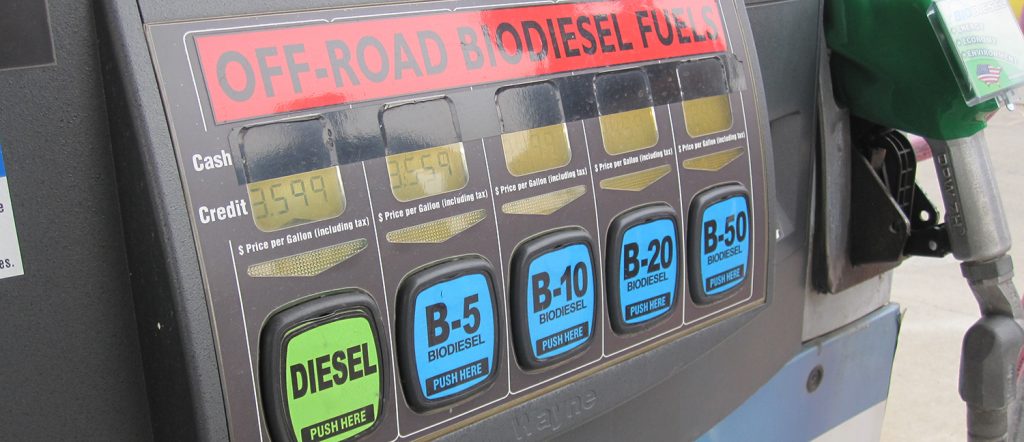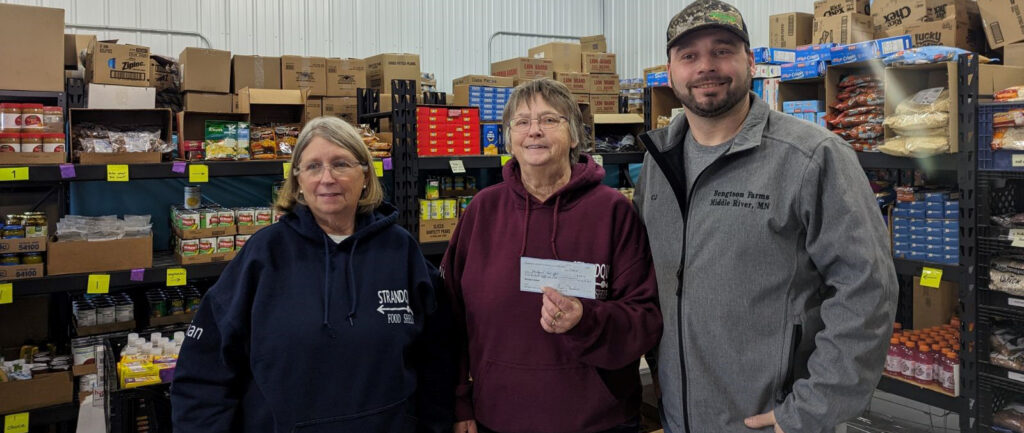Yesterday I had the opportunity to be present when a unique private-public partnership was formed. Gov. Mark Dayton and Land O’Lakes CEO, Chris Policinski, signed a memorandum of understanding to work together on the Minnesota Agriculture Water Quality Certification Program (MAWQCP) through its seed and crop protection business, WinField. Land O’Lakes will be using their technology to map fields in order to help reduce erosion and runoff.
Gov. Dayton praised Minnesota Department of Agriculture (MDA) Commissioner Dave Fredrickson for his work with Secretary of Agriculture Tom Vilsack in developing the program in a fashion that can be a model for the rest of the nation. The governor stated that he looks forward to seeing measured success in water quality as the program expands.
The enthusiasm in the room was focused around the MDA’s voluntary program – MAWQCP. With less than 200 farms certified so far, the administrative cost per farm seems high. I was reassured that was common in the infancy stages and with this partnership, cost per farm would drop dramatically.
Part of the ceremony was some words from Suzanne Vold, one of the first farms certified after the program went statewide. She praised her county office who they worked with throughout the process. I can also relate to this as the Vold’s farm is five miles from mine and I am currently working with the same county office on my certification process.
The media present were very interested in what the certification program entailed. It was explained as a way of recording the many conservation practices we do every day in order to be good stewards of the land. Programs such as MAWQCP are necessary as some look for alternative practices in the state buffer law.
I was also able to visit with the Governor. I thanked him for listening to farmers and his department in promoting this program. I also stressed the importance in keeping participation voluntary. I am a firm supporter of the voluntary program and think that farmers need all the tools in the toolbox in today’s environment. Farmers are coming under attack more and more from all sides. A program like this lets us be conservationists in our own way, under our own terms and without heavy handed regulation from the state.
As an example of tools to escape heavy handed legislation, later in the day, the Board of Soil and Water Resources formally voted to approve the certification program as an alternative to the buffer bill. As the first approved alternative, a farmer that has received certification does not need to worry about the buffer bill and can engage in conservation on their terms through their own tillage management, nutrient management and a host of other conservation practices.
As president of the Minnesota Soybean Growers Association (MSGA), I was happy to be at the announcement yesterday and to show the state that when given the tools, Minnesota farmers will exceed expectations. I appreciate the great working relationship I have with my local soil and water conservation district and have found the certification program to be a welcomed discussion on the impacts my practices have on my farm. MSGA leadership supported the program at the legislature this year and as a result, the program was funded for the coming year. Hopefully more farmers will be able to take part in this process and avoid new heavy handed regulations from becoming reality.







